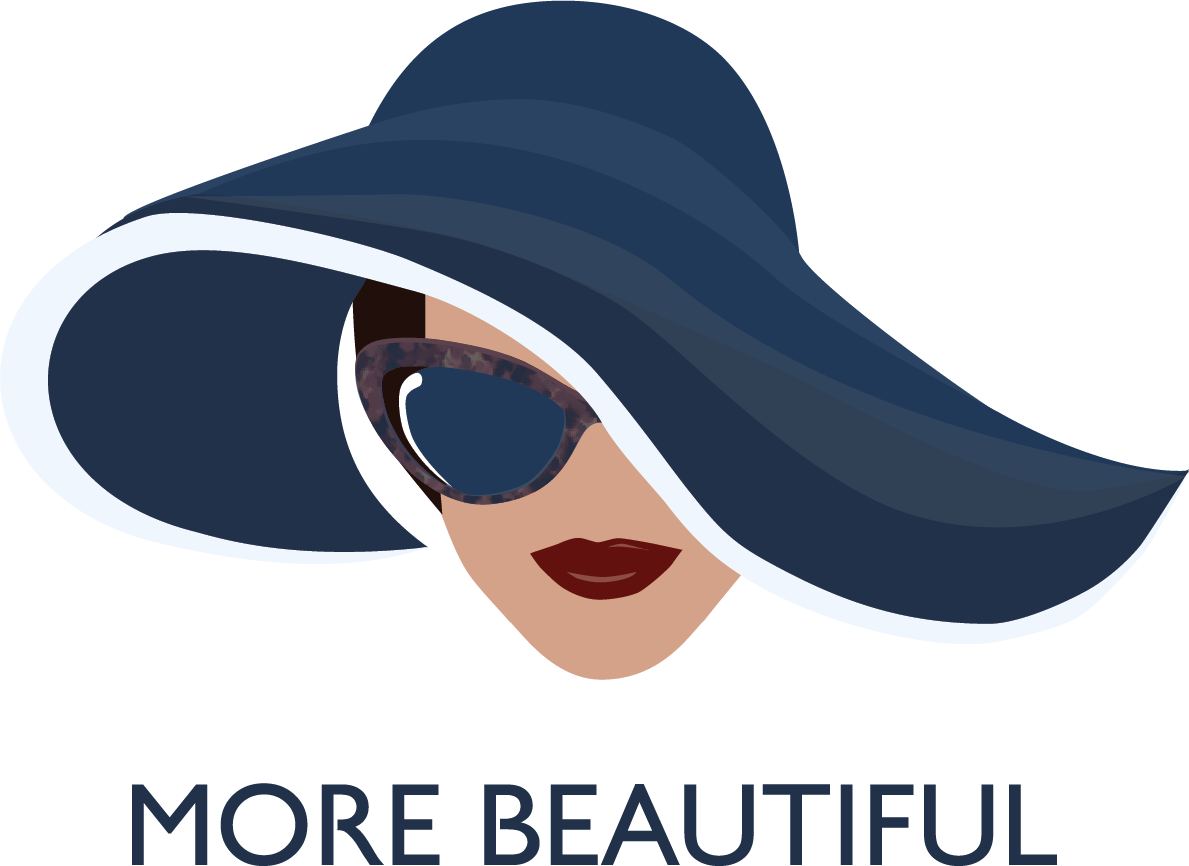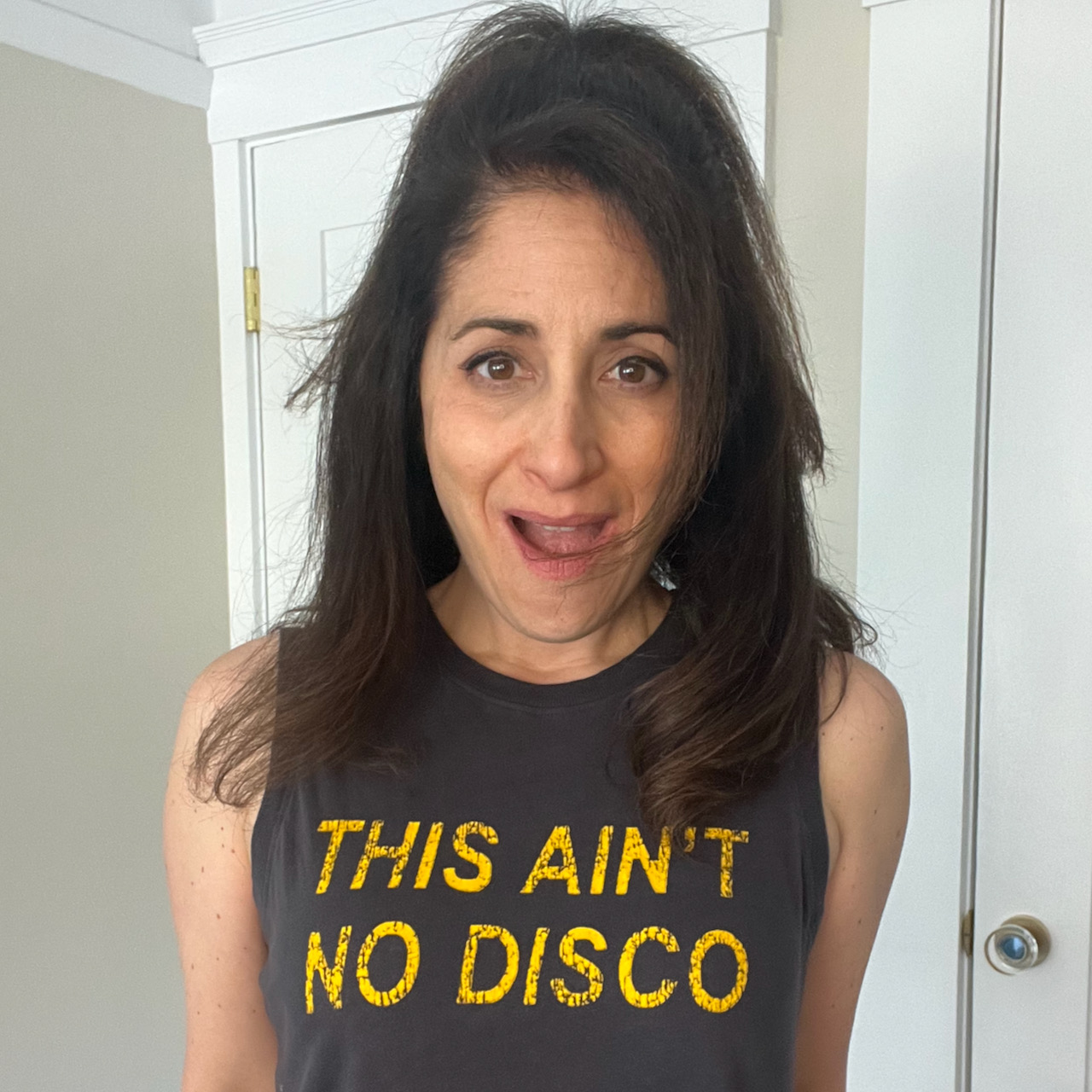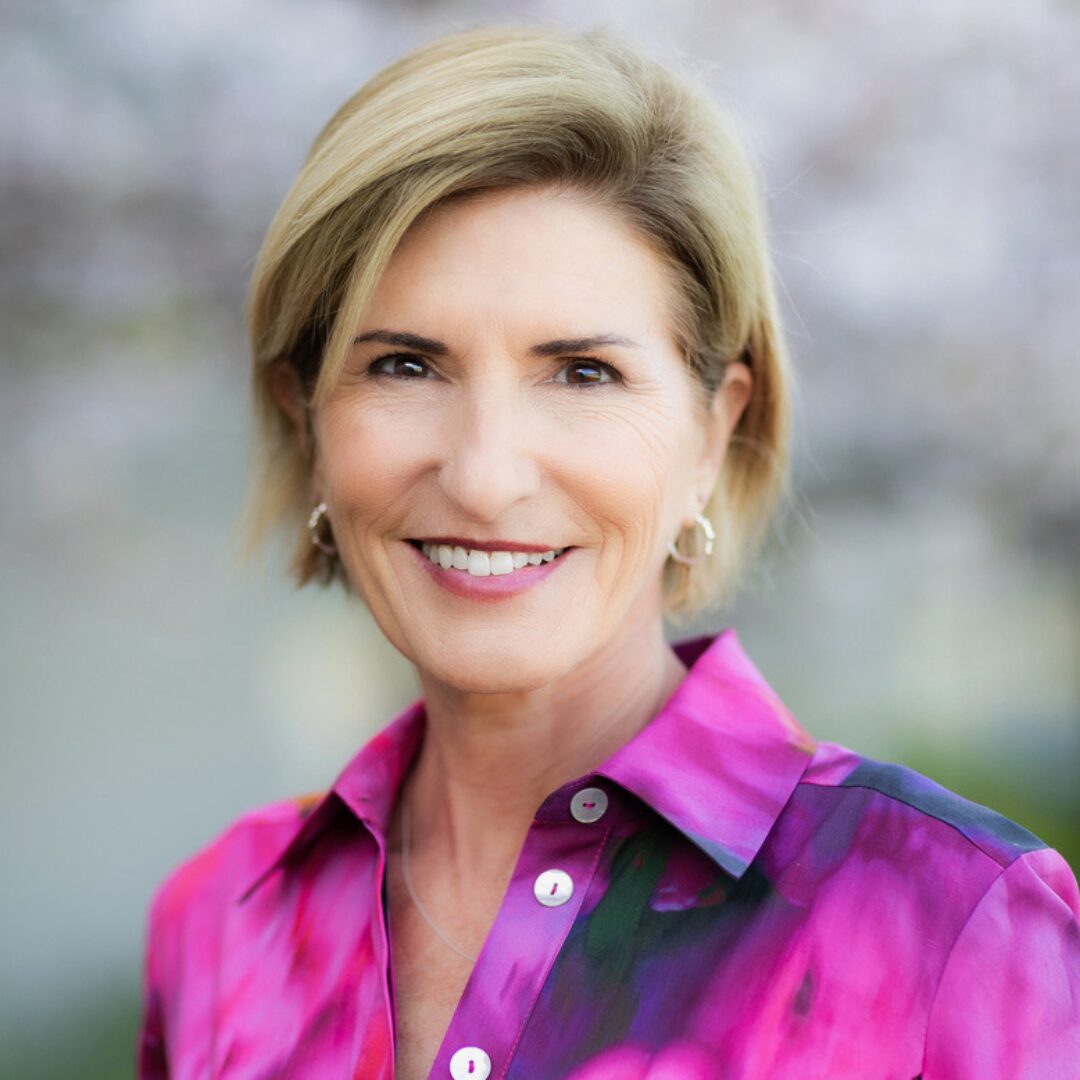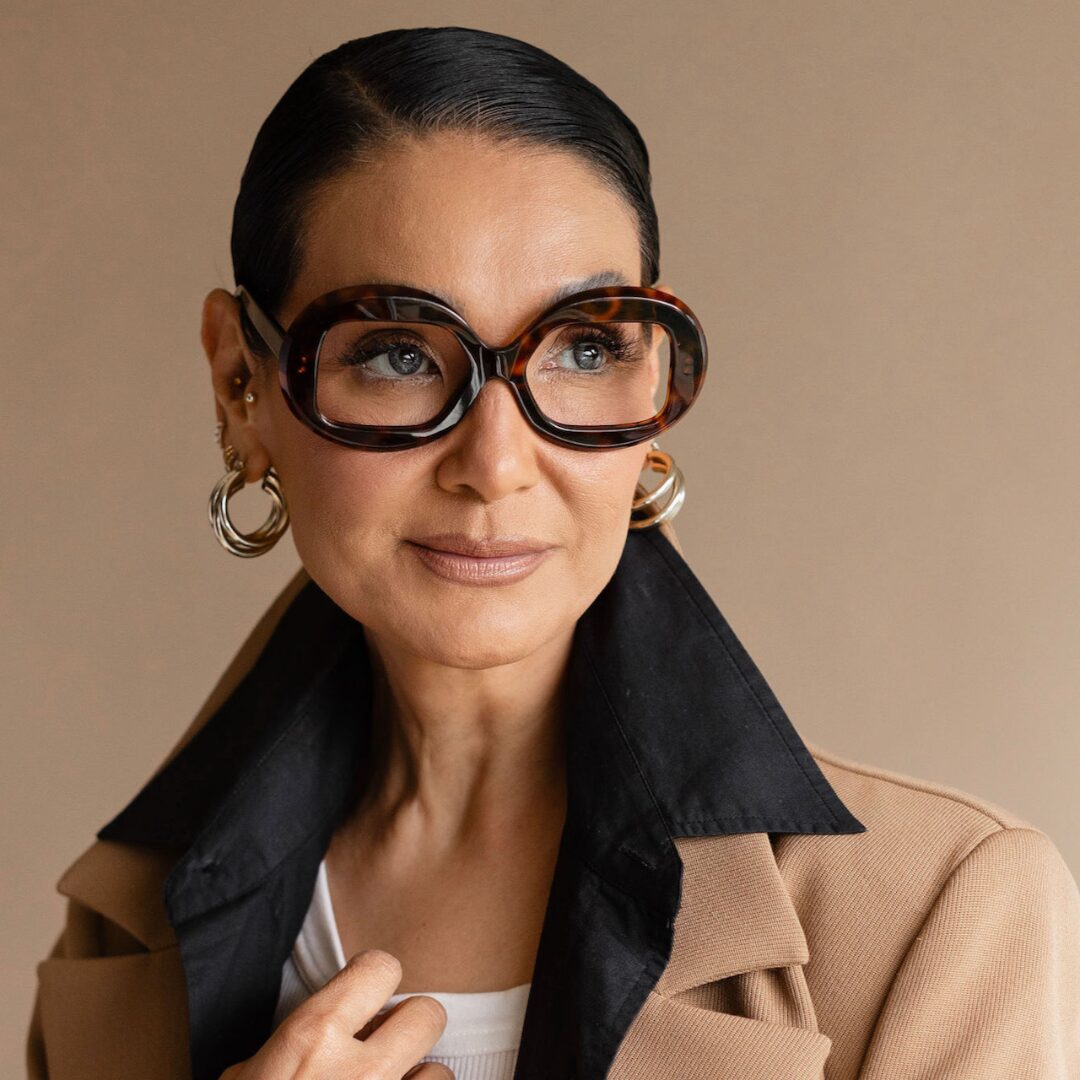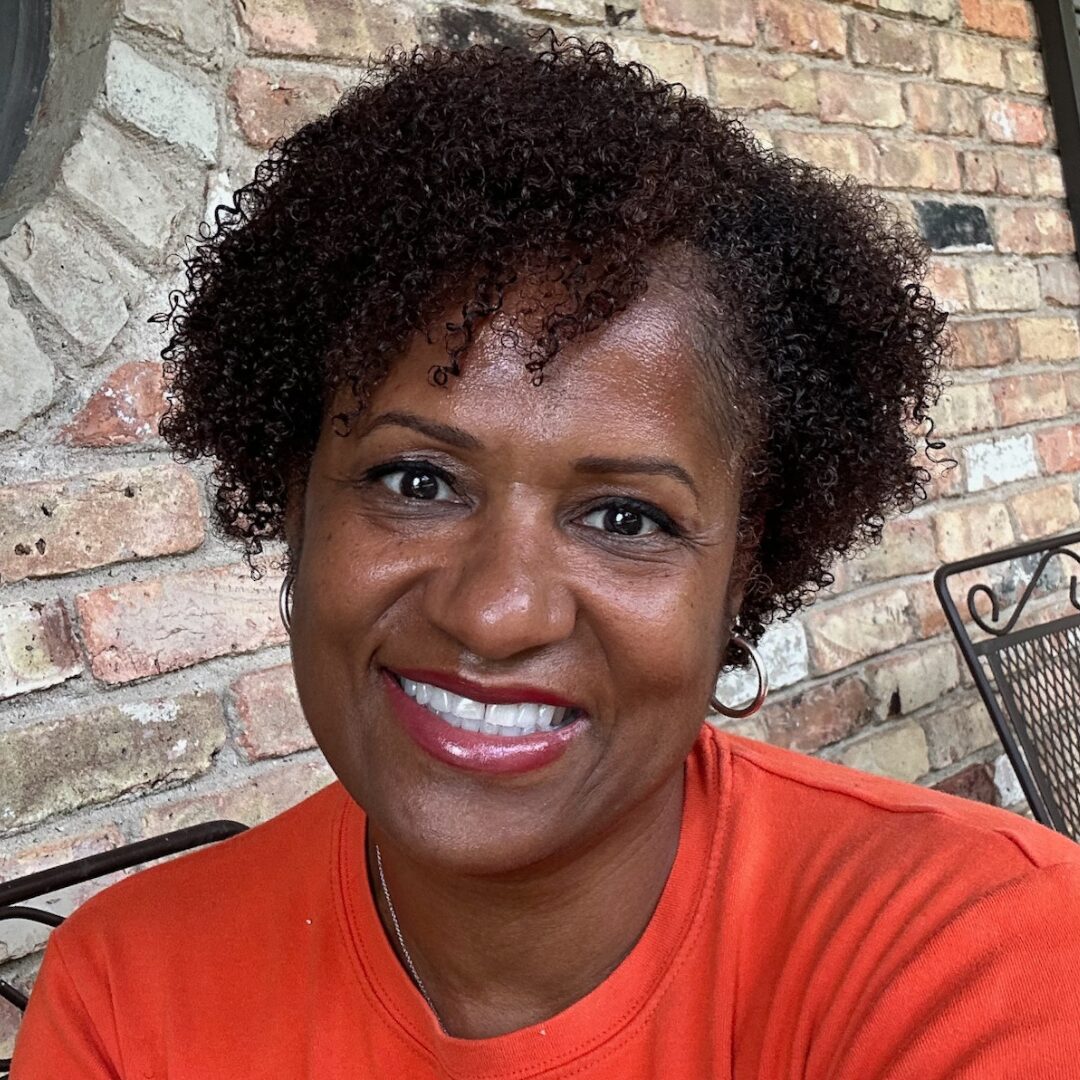Midlife can be a weird time. If you’ve been feeling like your body is betraying you, or that you don’t recognize yourself anymore, you’re not alone. Many women are feeling the same. There are so many physical and chemical changes happening during this life stage. Maybe a medical issue has cropped up and you’re discouraged or scared. Perhaps you’re afraid that no matter how hard you work at staying healthy, it’s only a matter of time before a genetic health condition catches up with you. Aging is liberating, but it can also be challenging. So what’s the key to accepting our aging bodies while also doing everything in our power to age well? That’s the topic of today’s show, so stay right there.
Welcome to More Beautiful, the podcast for women rewriting the midlife playbook. I’m your host, Maryann LoRusso, and I invite you to join me and a guest each week as we strive for a life that’s more joyous, more fulfilling and more beautiful than ever before.
There are a few times in life when you feel like you don’t recognize your body anymore. For the me, the first time was in September of 1982. I had just started the eighth grade after a tumultuous summer. My parents were building a dormer on our house because they needed more room to accommodate a new baby. I was sharing a room with my younger sister. I was having some friendship troubles. Basically, I was living in tween/early teen angst. And to make matters worse, I got my first period right before the start of the school year. I remember sitting in the high school cafeteria when a kids in my class pointed out that I looked different than I had in spring—I believe “fatter” was the word she used—and I went into the bathroom to cry. And it was true, thanks for my changing hormones, I did put on a few pounds over the summer. I was curvier, and I had breasts and hips now. That August my grandmother had taken me back to school shopping, an activity I had previously looked forward to, and I didn’t get into it. I remember trying clothes on in the fitting room and feeling horrible, because nothing fit the way it used to. I didn’t know myself anymore. And I felt an unexplicable sense of dread.
Hmm. Maybe midlife is not our first rodeo feeling this way, ladies.
Flash forward to the present, and, like me, maybe you’re feeling like the changes you’re going through are a bookend to puberty. So much is happening physically and mentally. Your hormones are changing, and so is the way weight is distributed in your body. You may be finding that your tried-and-true methods for staying fit and healthy are no longer cutting it. This is the body you have lived in for decades, and even if you haven’t had the best relationship with your body, it’s the one you’re pretty familiar with. But during midlife, especially around menopause, all that changes. Sometimes, it feels like your body is betraying you.
And the stakes have changed this time around, haven’t they? On the other side of puberty was a young woman’s body, ripe and full of possibility. The message, after you get your first period is, congratulations, welcome to womanhood! But when it comes to the physical changes of midlife, we’re not being congratulated. Even though I think we should, and I did an Instagram post on this. But unlike with puberty, now we’re not entirely sure what’s on the other side – and at times we’ve been led to believe it’s not so great. We’re told that from this point forward it’s a steady decline and we need to focus on preserving what we’ve got, including bone density, muscle mass, collagen…
And here’s the clincher. Something interesting happens to many women right around the menopause transition. Women who have been healthy for years…they’re going in for their annual checkups and blood work and suddenly, they’re getting less than desirable lab results. Stuff like higher cholesterol or insulin resistance are popping up. I can’t tell you how many midlife women I know are being told that they’re prediabetic, which is why I interviewed an endocrinologist on the last episode of this show, and we talked for more than an hour about preventing diabetes and optimizing your metabolic health.
If you’ve got a family history of something scary, whether it’s cancer or heart disease or diabetes, maybe you’re starting to worry about your genetic risk. You never had to worry about that stuff when you were younger. You knew you had time to worry about that stuff. But now it’s starting to hit home.
Last spring, my blood work came back revealing that I had crossed over into the prediabetic category…that is, my A1C was something like 5.7, just over the new threshold. And when I say new, I mean that the standards for prediabetes were broadened in 2019 so that now more people are now falling under the umbrella of this pre-condition. The first thing I felt, after getting my results, was shame. I felt shame even though I eat so healthy, I exercise every day, and I avoid sugar. I felt shame even though my mother, and her mother, and basically everyone on my mother’s side of the family had type 2 diabetes, so there was a very strong genetic component. Somehow, I felt like I had done something wrong. I admonished myself for not working out hard enough, not eating perfectly enough, or falling short in some other way. I actually got depressed about this for a few weeks, even though my doctor seemed to be unphased.
And the idea that this would progress turn into full-blown diabetes one day made me crazy, because there’s no way I wanted to be on medication. And just a sidenote here: I know that many women, myself included, try to do whatever we can to avoid being on long-term medication. And I think this is mostly a good thing. But there may come a point in your life when you have to be kind to yourself, appreciate what modern medicine can do, and know that taking them does NOT mean that you have failed at taking care of yourself. Especially as you get older.
So the shame thing is something I have to work on for myself, and if push came to shove and my insulin resistance continued to rise, I would absolutely go on meds. But prediabetes is something you can reverse without medication. And again, this was a topic that we discussed on the show a couple weeks ago. And I was determined to get out of the prediabetes range naturally. So I sprung into action. I called my friend Barbie Boules, a nutritionist who has also been a guest on the podcast. She said I was an unusual client because I had great lifestyle habits and there wasn’t much she would change, which made me feel great. But then she delivered the news I already suspected: If I was already doing most of the things, if I exercised and had a good handle on my diet, then it meant that my genetic component was really strong.
Barbie and I really dug in, and she suggested a few things that I wasn’t already doing, such as adding even more fiber to my diet and combining foods in such a way as to slow down the digestion of carbs. She also suggested a few more tests, including a calcium heart scan, because my father had died of a heart attack in his 40s.
Now just a word on tests, because for many of us, these kind of screenings can be anxiety provoking. There are so many tests out there, from heart scans to bone density test to genetic blood testing. And it can be scary to put yourself through them. It’s frightening to be faced with the prospect that you carry a genetic marker for a disease, or that you are on the road to an illness.
But here’s why you should take those tests anyway…Because they give you information. And information is power. While I was beating myself up over the prediabetes, I sort of felt helpless, and started thinking about all the other aspects of my family medical history that I was now sure would come back to bite me. Besides diabetes and heart disease, in my family there’s also cancer. It’s not a pretty picture. And if you’ve got any of those things in your family history, it’s easy to feel hopeless or out of control.
Last year I attended an event at my alma mater, Northwestern University. Doctors from Northwestern’s longevity center have been trying to find ways to help you not just live as long as possible, but to live with excellent quality of life. To have more years ahead of you where you are healthy and vibrant enough to do all the things you want to do. To travel, exercise, work, play with your grandkids, and do all the activities you love… In other words, to staid off the sickness and immobility until the very end of your life, so that we can enjoy every last bit of our second act.
Researchers are also starting to pinpoint the lifestyle changes that can help you turn off those bad genes. And there’s a great book called Outlive by Dr. Bill Gifford that goes through all the lifestyle components that can help to prevet illness and help you age beautifully. When I complained to Barbie that my great lifestyle should have kept my insulin resistance in check, she said, Maryann, think about where you might be now if you hadn’t been a health freak all these years. You’ve already lived eight years longer than your father and grandmother did. And your mother already had diabetes when she was your age. And she was right. We shouldn’t give up just because our bodies are showing signs of aging. The lifestyle changes do make a difference, even if you can’t see it. So it’s OK to be afraid of getting those tests. But in the end, you’ve got to push yourself to learn more about your body, to figure out how it’s changing and decipher the very early signs of a condition. So that you can prevent it from turning into something more ominous. So that you can do all the things when you’re 70, 80 and 90.
The bottom line is, there’s fine line between doing your best to take care of yourself, and worrying yourself sick. It’s about balance. We may not be able to do much about our genetics, but there are still so many things we can do to prevent those bad genes from turning on.
Six months after amping up my strength training and incorporating the nutritionist’s suggestions into my life, I took another blood test and—voila!—I was out of the prediabetic range. I felt so empowered knowing that those few lifestyle tweaks, and believing in myself that I could take charge of myself, did it. Now, as I get older I may find that what I’m doing is not enough. I may have to find other strategies. And I’ve accepted the fact that one day I may even may need to go on medication. But right now. I’m just doing my best to nip this in the bud so that I can live my best life.
I have had so many deep conversations with so many midlife women to know that absolutely every single one of us has something in their medical history or family tree that they are worried about. Everyone who lives long enough IS going to have to grapple with a diagnosis of some sort. Look at former Supreme Court Justice Ruth Bader Ginsberg, who had cancer multiple times during her life, but fought it each time and lived to the ripe age of 87. Even the most successful, healthiest, most well-educated people get conditions. Then, they figure out what they have to do to overcome them, or live a new normal and get on with their lives.
A woman I know who was diagnosed with breast cancer once told me, “I had to realize that I am not my breast cancer.” You can’t define yourself by your genetics, your conditions, what medications you’re taking, or adjustments you must make to your life as you get older. I think that goes for all physical challenges. You are not this disease or that condition or that statistic. Just because you’re on a medication doesn’t mean you can’t have fun and eat delicious food. Just because you have a genetic marker and need more frequent screenings than someone who doesn’t have the same genetic risk does NOT mean your life is ruined. Just because you’re fighting an illness doesn’t mean you’re damaged, or that you are now defined by that illness….
And you are not defined by any of the changes your body is going through. Not the weight gain, or the inability to process a glass of wine or stay up past 10:30, nor the dip in libido or the fact that need a shoe horn to get those jeans over your belly. Your body is not the same as it was when you were 13, or 23, or 33.
But you’re more adaptable than you know. Remember how you got used to wearing that training bra during puberty? You’ll get used to these midlife changes too. You’ll soon be comfy in your skin again, until the next changes come along. Your body is a beautiful work in progress that reflects a life well lived.
When I found out that I had gotten my A1C number down, I told my doctor, feeling all proud that I was no longer “prediabetic.” She said, good job. And then you know what she told me? To enjoy myself. To eat some good food and have fun with my family and friends. So that’s what I’ve been doing. Along with the exercise and fiber and protein, of course. Because I think that joy is the is the best preventative medicine of all. It’s got no side effects. It’s free. And you never have to stand in line at the drug store to get your hands on it.
